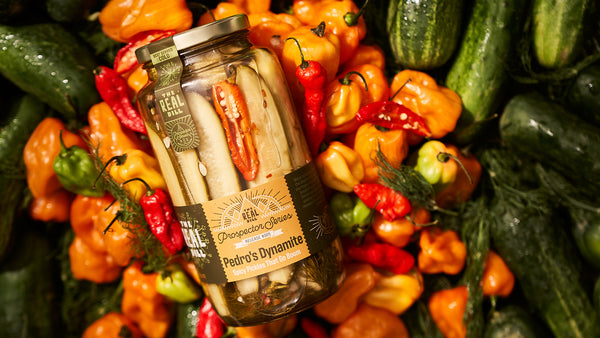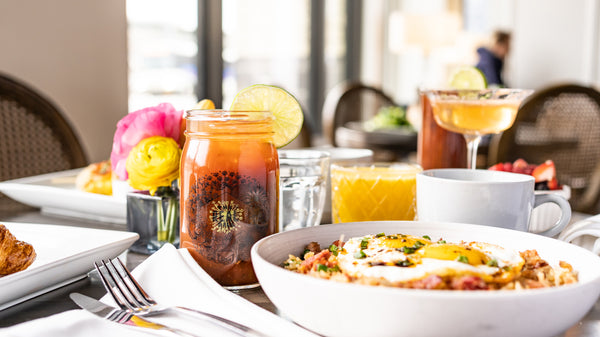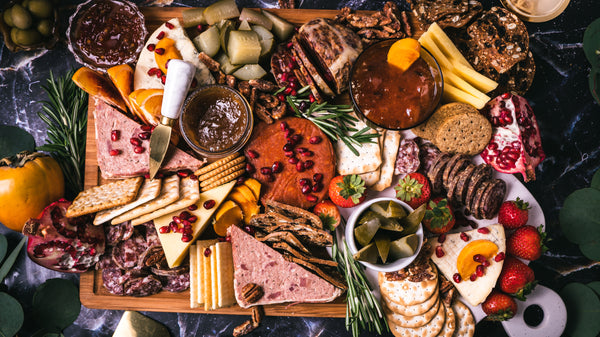Making Healthy Food A Right For All

Marginalized communities in American cities find themselves in a more challenging position than ever. Many minority neighborhoods continue to suffer from decades of disinvestment, environmental contamination, poor access to services, and policies that intentionally or inadvertently make life more challenging. The Globeville and Elyria-Swansea neighborhoods are no strangers to these struggles. In fact, the 80216 zip code is the most polluted area in the nation and home to the largest food desert communities in Denver. The heavily industrious and historic working-class district has always lacked access to healthy, affordable food and suffered from high rates of diet-related illness. There isn’t even a grocery store in a 2 mile radius of the region. However, the vibrant and strong community is supported by a plethora of cultural activities and non-profit organizations that aim to improve the neighborhood.
Enter The GrowHaus, a resident-driven community hub for food production, distribution, and education in GES. We're thrilled to announce that The GrowHaus is also our 2017 charitable nonprofit partner. The association is located in a restored green house that previously acted as a distribution center for Lehrer’s Flowers on 47th Ave. and York St. The space focuses on three key activities:
- Growing food for commercial sale
- Distributing healthy food to local residents at an affordable price
- Providing educational programming to residents and the general public around gardening, nutrition, and other wellness topics

The GrowHaus houses state of the art aquaponic and hydroponic farms that grow bibb lettuce, chard, kale, numerous varieties of lettuce, bok choi, herbs, microgreens and many other greens. The produce is distributed to community members, sold in The GrowHaus community market, and distributed to markets and restaurants across Denver. Most recently, The GrowHaus installed a mushroom farm that grows gourmet oyster, lion's mane, and shitake mushrooms, which are sold directly to restaurants.
The GrowHaus' food distribution programs provide fresh, healthy food to the GES food desert communities through a multi-tiered approach. First, The GrowHaus' community market combats the neighborhood's physical barrier to accessing healthy food by bringing high quality, healthy food into the neighborhood. Whenever possible, this food is sourced from local and organic producers in Colorado. Because the average household income in GES is half that of greater Denver, The GrowHaus makes the healthy food they provide by operating their market on a sliding scale pricing model. Residents are able to pay at-cost for products at a price comparable to Walmart.

To increase access to healthy food and combat food insecurity, The GrowHaus has teamed up with Denver Food Rescue for a weekly no-cost food pantry program called Cosechando Salud (Harvesting Health). Every Monday, hundreds of pounds of delicious food are taken and distributed at no-cost to community residents at The GrowHaus. For home-bound residents, The GrowHaus offers a mobile delivery program that brings the food right to their house.

The Growasis is an interactive Willy Wonka, multi-sensory educational and community space that features edible flowers, chickens, bunnies, and a seedling nursery. The GrowHaus offers Budding Early Experiences (BEEs), an eight week summer early education program for students K-5 that focuses on healthy eating and gardening, Seed2Seed, an eight week summer leadership program for high school students that discusses food justice, food production, healthy eating, wellness, and leadership, MicroFarmer Program, an adult education program that discusses food justice, backyard gardening, animal husbandry, healthy eating, nutrition, community leadership, and food micro-enterprise creation, and Service Learning, a 3 hour service based learning experience for students of all ages.
In 2016, The GrowHaus' community market, the only one of its kind in GES, served over 3,400 neighborhood shoppers, ensuring access to healthy, fresh food is a right for all. Similarly, The GrowHaus' food education programs provided 2,500 students with engaging, hands-on learning. The weekly no-cost food pantry and cooking class, Cosechando Salud (Harvesting Health), nourished 2,800 people, and the hydroponic and aquaponic farms produced over 60,000 heads of leafy greens.
If you're interested in engaging with this incredible organization, there are a number of ways to get involved!
- On May 5, 2017 we're hosting our first collaborative event, The Real Dill's 5 Year Anniversary Party. 105% of proceeds will directly support The GrowHaus' work to address physical, financial, and educational barriers to accessing nutritious food. Like The GrowHaus, we believe healthy, fresh food is a right for all, not a privilege for some. Don't miss out on supporting this awesome cause and this special night! Tickets available here
- Pick a program that you're passionate about and donate to it!
- $20 provides a fresh, healthy food box to a family in Elyria-Swansea
- $50 supports three hours of food deliveries to home-bound residents
- $100 runs the no-cost food pantry and cooking class for one week
- $250 would allow the daily market to serve residents on Sundays for a full month
- There are regular volunteer opportunities listed on The GrowHaus' website
- Apply to the robust internship program
- Join Tambien, The GrowHaus' monthly giving membership program
- Take a free public tour, available on Fridays and Saturdays at 10:00am (we highly recommend it; their space is epic!)
- Attend a Second Saturday Workshop
- Follow The GrowHaus on social media and sign up for their newsletter
We hope to see all of your smiling faces on May 5 at The Dillery and look forward to bringing The Real Dill community together to raise money for this important cause. Even if you can't make it out, there is a place to donate on the event page. In the meantime, please check out The GrowHaus' website for more information and donation opportunities.




